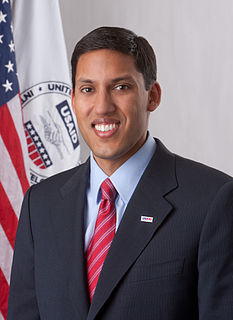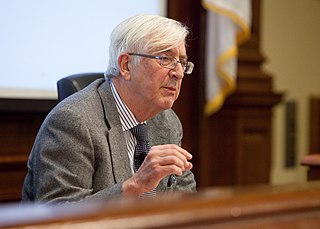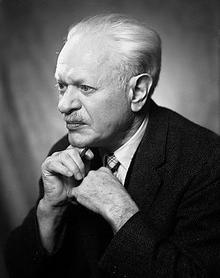A Quote by Amartya Sen
Progress is more plausibly judged by the reduction of deprivation than by the further enrichment of the opulent
Quote Topics
Related Quotes
If we continue on the trend we’re on, we can reduce extreme poverty by more than 60 percent-lifting more than 700 million people out of dollar-and-a-quarter a day poverty and back from the brink of hunger and malnutrition. But if we accelerate our progress from 3 percent annual reduction to over 6 percent and focus on key turnarounds in some difficult countries, we could get a 90 percent reduction. We could essentially eliminate dollar-and-a-quarter head count poverty.
The public takes little notice of those who want to abolish abortion. They are dismissed as extremists. If I were to argue that all abortions should be banned, the ethical discussions would go round in circles.... My view is that the only way forward is to argue for a reduction in the time limit... saving some lives is better than saving no lives at all. I hope pro-lifers will come to share my view that some progress is better than no progress.
England shouldn't have the real freedom of vote and we shouldn't either. Because as [James Madison] put it, one of the primary goals of government was to protect the minority of the opulent against the majority, to make sure the opulent maintain their rights. The constitutional system was structured to ensure that outcome.
There is no doubt about it: we are judged by our language as much as (perhaps more than) we are judged by our appearance, our choice of associates, our behavior. Language communicates so much more than ideas; it reveals our intelligence, our knowledge of a topic, our creativity, our ability to think, our self-confidence, et cetera.
In some ways, I feel like the strength of animation is in its simplicity and caricature, and in reduction. It's like an Al Hirschfeld caricature, where he'll use, like, three lines, and he'll capture the likeness of someone so strongly that it looks more like them than a photograph. I think animation has that same power of reduction.









































